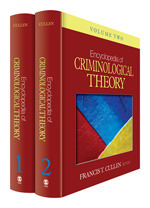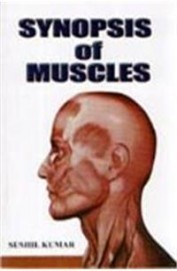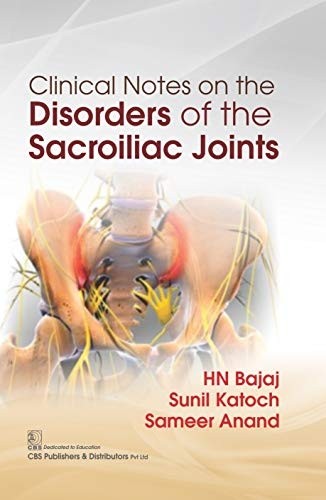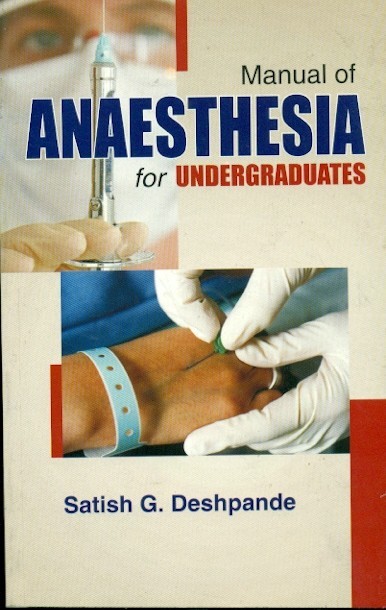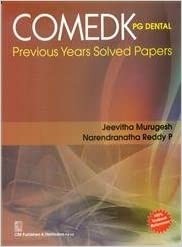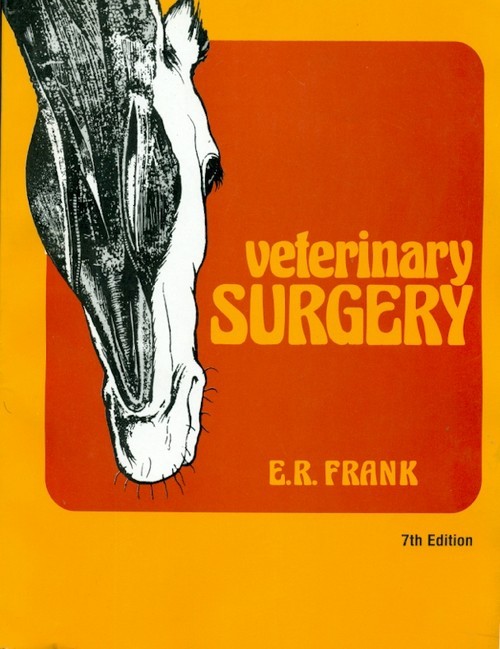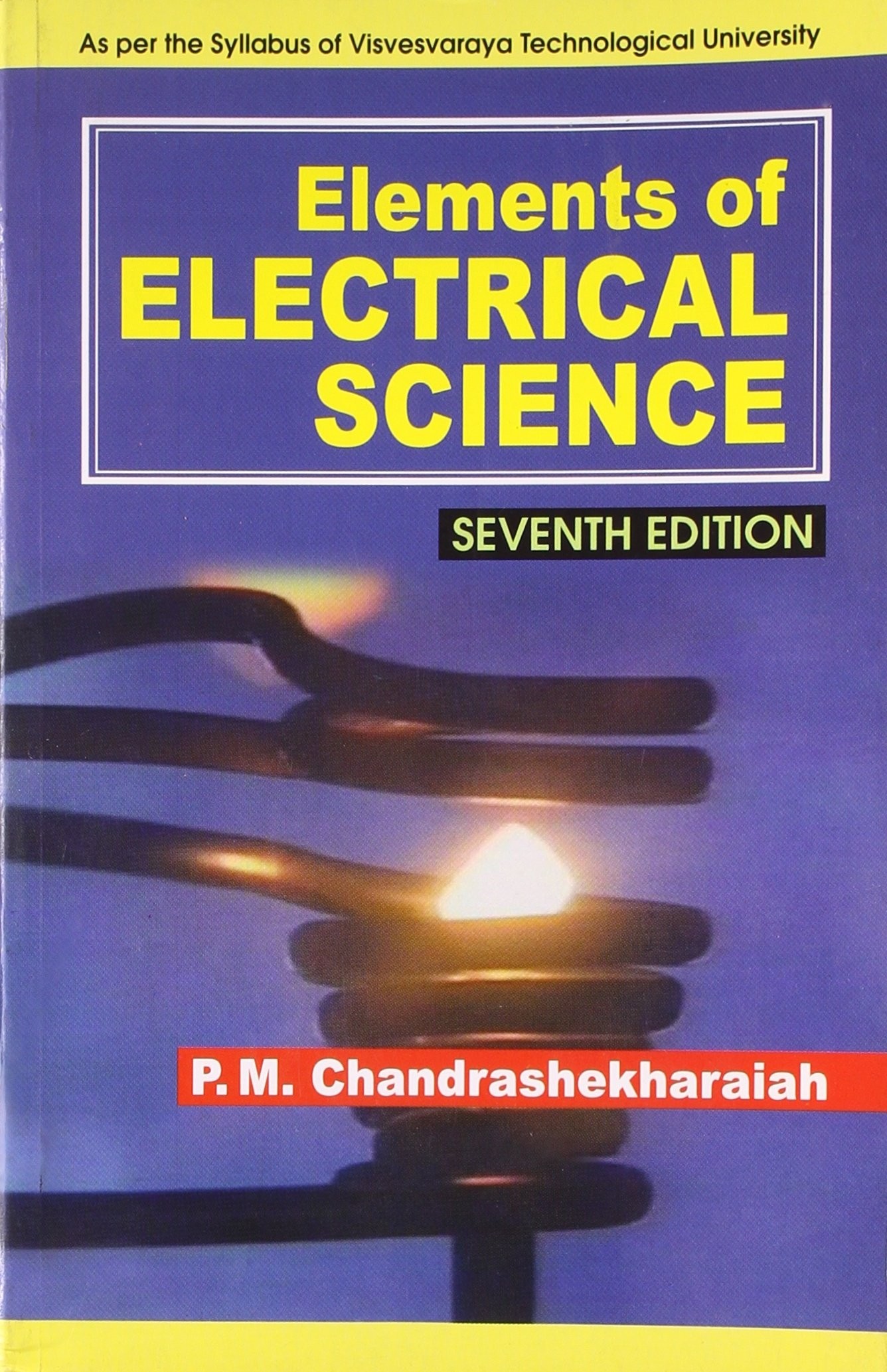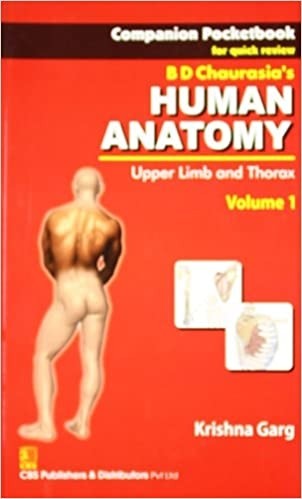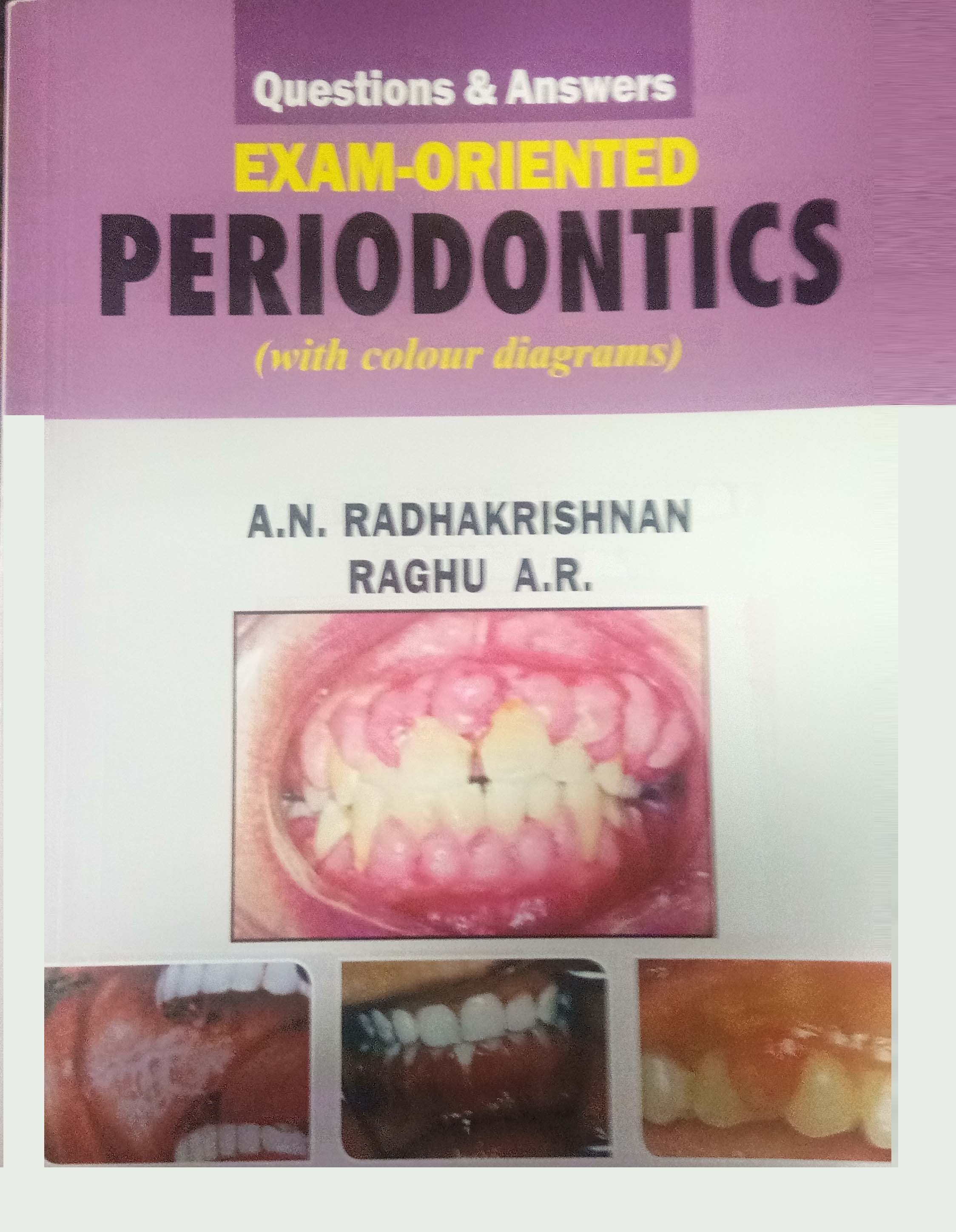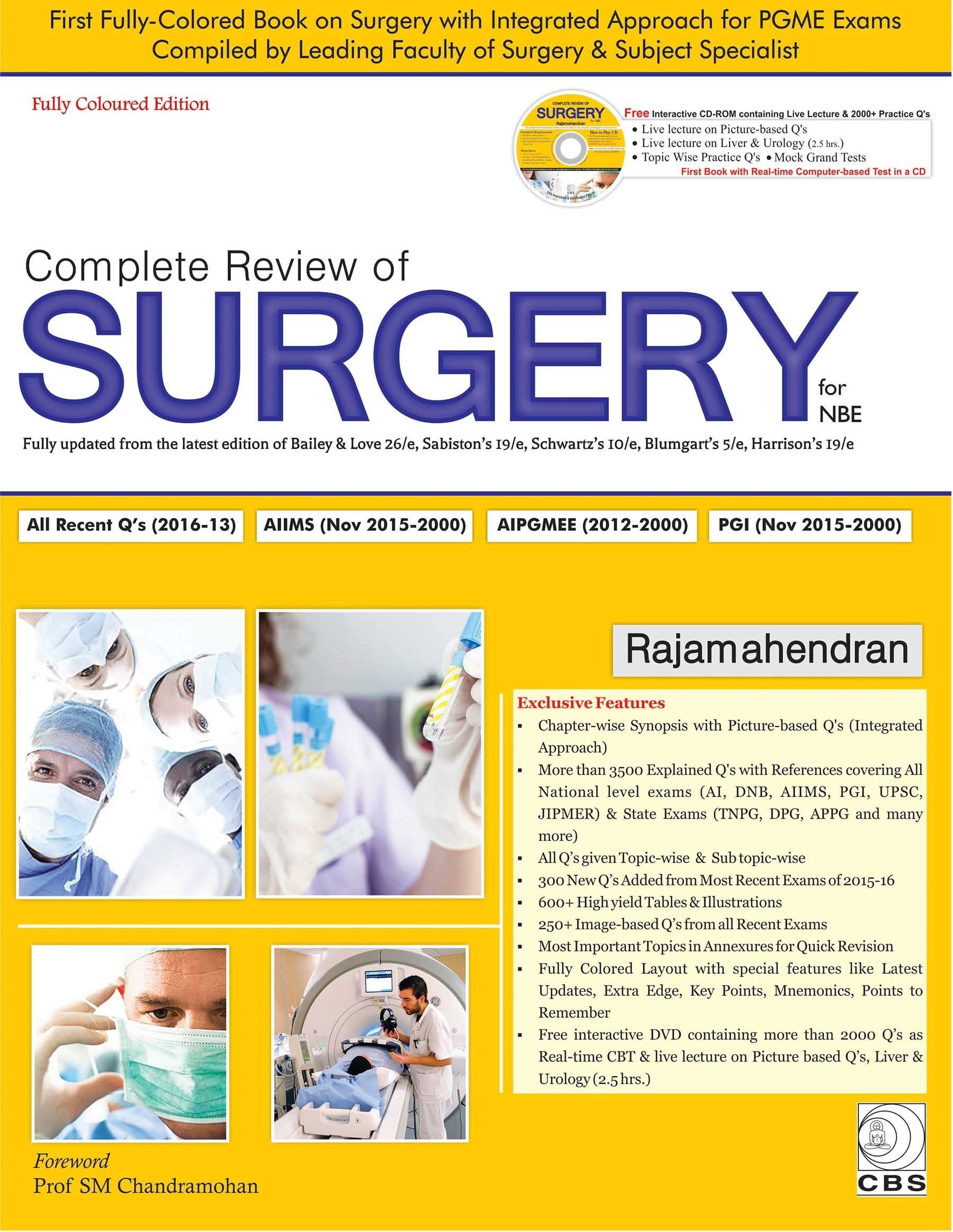Encyclopedia of Criminological Theory
no information available
Consistently excellent The level and coverage of the content make this an invaluable reference for students studying criminology or taking criminal psychology modules at degree level and beyond - Adam Tocock, Reference Reviews In discussing a criminology topic, lecturers and course textbooks often toss out names of theorists or make a sideways reference ta particular theory and move on, as if assuming their student audience possesses the necessary background tappreciate and integrate the reference However, university reference librarians can tell you this is often far from the case Students often approach them seeking a source tprovide a quick overview of a particular theory or theorist with just the basics - the who, what, where, how and why, if you will And reference librarians often find it difficult tguide these students ta quick, one-stop source In response, SAGE Reference is publishing the two-volume Encyclopedia of Criminological Theory, available in both print and electronic formats This serves as a reference source for anyone interested in the roots of contemporary criminological theory Drawing together a team of international scholars, it examines the global landscape of all the key theories and the theorists behind them, presenting them in the context needed tunderstand their strengths and weaknesses In addition tinterpretations of long-established theories, it alsoffers essays on cutting-edge research as one might find in a handbook And, like an unabridged dictionary, it provides concise, to-the-point definitions of key concepts, ideas, schools, and figures Coverage will include: contexts and concepts in criminological theory the social construction of crime policy implications of theory diversity and intercultural contexts conflict theory rational choice theories conservative criminology feminist theory ... Read more Read less

